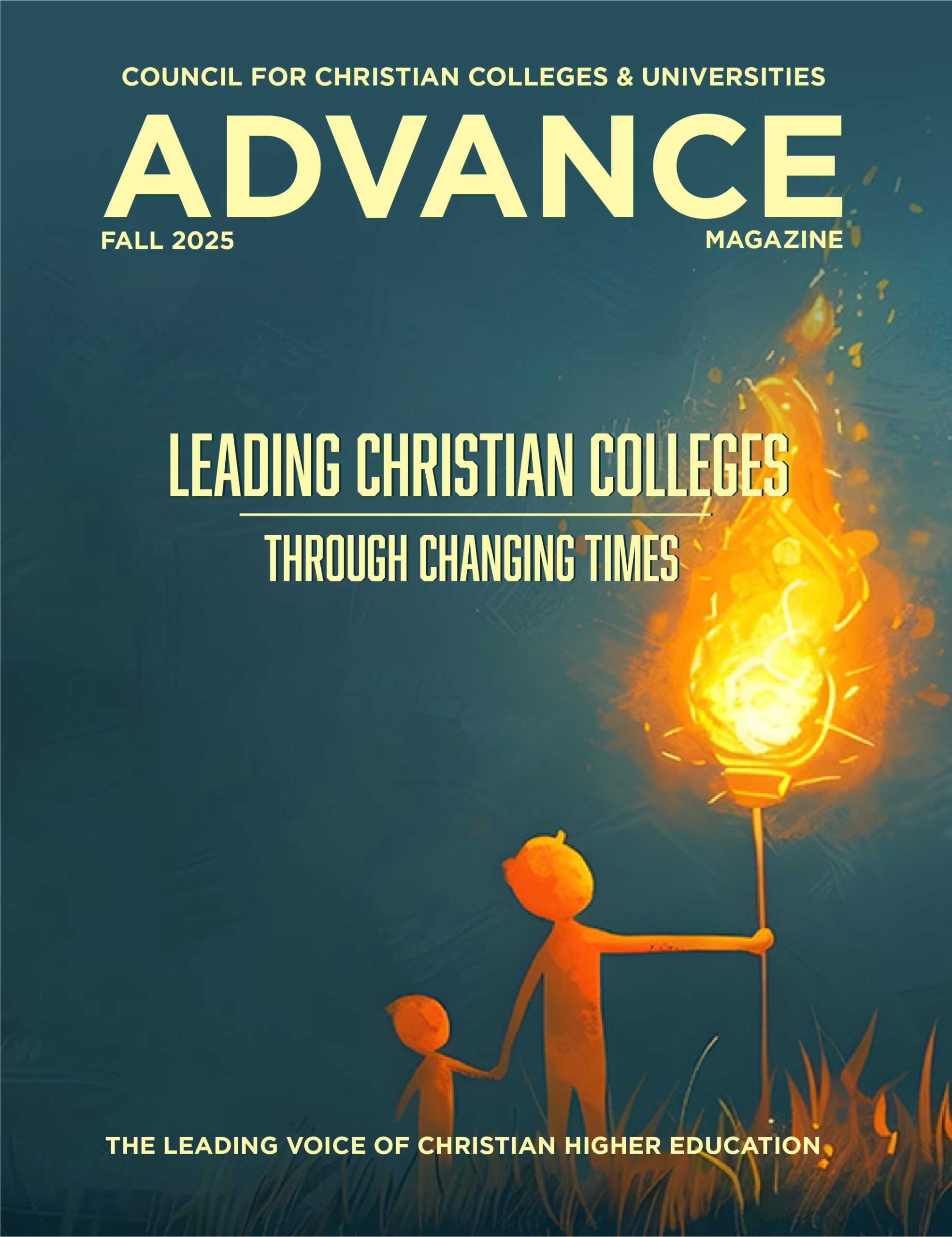News and Publications
WASHINGTON – The exercise itself was simple: Introduce yourself and shake someone’s hand. But for the CCCU scholars and professors who had gathered in Costa Rica for a practical workshop on building first-generation Latino student success in the classroom, it quickly became a powerful lesson.
In a session led by Kathleen Ross, a nationally known leader in the field of cross-cultural higher-education, Ross began by offering a handshake at the shoulder level – not the traditional waist level.
“This simple, yet effective, demonstration provided a powerful visualization of what can happen when communication mismatch occurs among people of different cultures,” says Melanie Howard, an assistant professor of biblical and theological studies at Fresno Pacific University and one of the workshop attendees. “It was a powerful reminder that despite their best intentions, faculty can still ‘miss’ their students when communication styles do not align.”
That session was part of a 10-day workshop entitled “Best Practices for Teaching First-Generation Latino Students” that the CCCU hosted in May at BestSemester’s Latin American Studies Program (LASP) in San Jose, Costa Rica. Led by Debbie Berho, LASP’s program director, 12 faculty members from CCCU institutions throughout the United States had the opportunity both to immerse themselves in Costa Rican culture through homestays and Spanish instruction and to attend numerous workshops.
Led by leaders like Kathleen Ross, Aida Ramos, Evelyn Aucutt, and Barrington Price, the workshops provided research findings and hands-on practical steps for designing and implementing programs that serve first-generation Latino students and their families.
“Many of our campuses are seeing an increased number of Latino first generation students, due to demographic changes across the nation,” Berho says. “While this workshop focused specifically on best practices for teaching these particular students, we all came to the conclusion that the concepts we learned help us be more effective with all students.”
For attendees like Howard, the time spent in Costa Rica has already made a difference in her work on campus. As part of Fresno Pacific’s annual training for faculty prior to the start of the academic year, Howard was able to lead a session where she repeated the handshake scenario. “We had an opportunity as a faculty to brainstorm about how insights from this workshop would be applicable across our campus and in our classes,” she says.
Howard has also been inspired to make changes in her own classroom, including changing several assignments to being interdependent instead of independent in order to help students build a sense of community and relationship with each other. That sort of action is exactly what Berho and others who organized the event were hoping for, Berho says.
“Workshop participants have reported implementing a variety of activities, from small changes in their classroom or office hour practices to starting campus-wide initiatives or conversations about the strengths Latino first-generation students bring, as well as some of the challenges they may face,” she says. “The workshop participants formed strong bonds and will continue to support and collaborate with each other as they work on their home campuses to recognize and overcome barriers to teaching and mentoring well.”
***
The Council for Christian Colleges & Universities is a higher education association of more than 180 Christian institutions around the world. With campuses across the globe, including more than 150 in the U.S. and Canada and nearly 30 more from an additional 18 countries, CCCU institutions are accredited, comprehensive colleges and universities whose missions are Christ-centered and rooted in the historic Christian faith. Most also have curricula rooted in the arts and sciences. The CCCU’s mission is to advance the cause of Christ-centered higher education and to help our institutions transform lives by faithfully relating scholarship and service to biblical truth.


